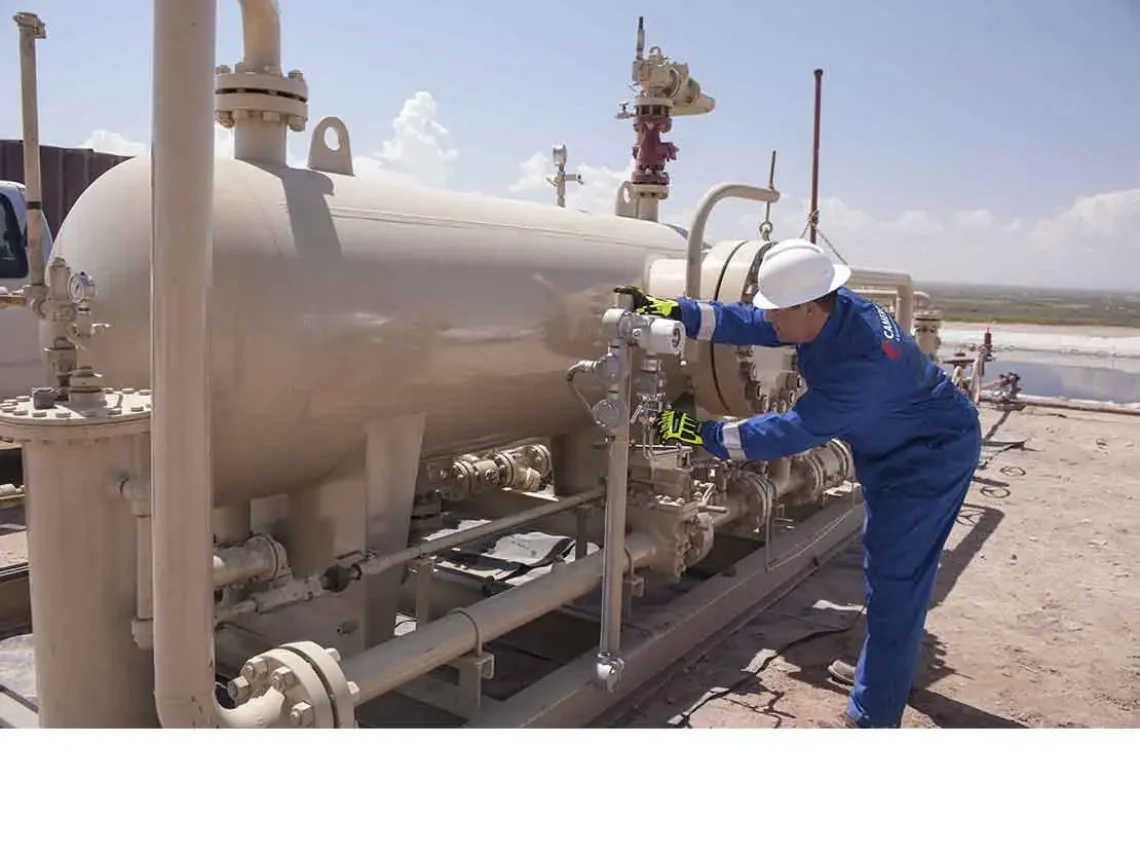
Mechanical separation is a foundational process in pressure vessels, essential for achieving purity and operational safety. In industries ranging from oil & gas to bioprocessing, mechanical separation leverages physical forces to remove impurities from fluids—whether gas or liquid—ensuring smooth and safe operation. This principle is a cornerstone in modern manufacturing, where mechanical separators have evolved to meet increasingly rigorous demands. Understanding mechanical separation is crucial not just for engineers, but for anyone aiming to optimize industrial systems.
Mechanical separation is the process of isolating components based on physical differences such as density or particle size. As outlined in chemical engineering fundamentals, this process is central to refining mixtures in pressure vessels, delivering both product quality and equipment longevity.
In pressure vessel systems, mechanical separation ensures that fluids entering or leaving the vessel are free of contaminants that could compromise process integrity or safety. Effective mechanical separation prevents corrosion, improves product quality, and reduces maintenance demands. Learn more about the essential components of a separator and their roles in keeping your system efficient.
This method uses the natural force of gravity to separate fluids with different densities. It’s the preferred choice for straightforward liquid–liquid or liquid–solid separation scenarios, especially where process simplicity is crucial.
Centrifugal separation applies rapid acceleration to increase the effectiveness of separation, making it ideal for high-throughput or fine emulsion applications. Discover how advanced 3-phase separation technology leverages centrifugal force for more complex mixtures.
For deeper insights, read about the operation of a decanter centrifuge and its impact on modern separation systems.
Beyond gravity and centrifugal approaches, mechanical separation also includes methods like filtration, sieving, and membrane-based techniques. Membrane technology is a leading innovation, especially for gas and liquid streams that demand ultra-fine separation.
Explore our advancements in 4-phase separation technology, designed for handling the most challenging industrial mixtures.
Key design considerations include:
Compatibility with the fluid’s physical and chemical properties
Space and installation requirements
System flow rates and throughput capacity
Accessibility for maintenance and long-term reliability
Find out how modern systems are evolving with separator symbols in technology, which help engineers integrate advanced separation methods.
Today’s mechanical separators are smarter and more efficient, thanks to innovations in automation, real-time monitoring, and energy-saving designs. Industry leaders are focusing on compact modular separators that adapt to changing process needs while reducing environmental impact.
Mechanical separation remains vital to pressure vessel operations, safeguarding purity, safety, and process consistency. By leveraging gravity, centrifugal force, or membrane methods, well-designed separators are shaping the future of industrial engineering—ensuring that operations remain safe, efficient, and environmentally responsible.
Ready to optimize your process with expertly engineered separators? Contact Red River today for custom mechanical separation solutions built for performance, quality, and reliability.
Mechanical separation isolates components using physical differences like density or particle size, critical for purity and equipment protection.
Centrifugal separation is best for rapid, high-throughput, or fine emulsion processing, while gravity separation suits simpler mixtures.
Membrane separation uses semi-permeable barriers to filter fluids, perfect for fine particles or complex waste streams. Learn more from Wikipedia.
A decanter centrifuge spins mixtures at high speeds to separate components quickly—essential for large-scale solids-liquid separation.
Considerations include fluid compatibility, required flow rates, available space, and system integration.
Yes—modern separators offer compact, modular designs that simplify installation and upgrades while supporting smart monitoring.
Efficient separation minimizes waste, conserves energy, and helps facilities meet environmental regulations.
Routine maintenance involves easy access, timely replacement of parts, cleaning, and leveraging real-time monitoring to catch issues early.
Mechanical separation is essential for purity and safety in pressure vessel operations.
Key methods: gravity, centrifugal, membrane, and filtration.
Smart design addresses fluid properties, flow capacity, and easy maintenance.
Latest innovations include compact, modular, and energy-efficient separators.
Effective integration supports operational reliability and regulatory compliance.
In the realm of industrial solutions, Red River emerges as a pioneer, offering a diverse range of custom-engineered products and facilities. Among our specialties is the design and production of Custom/OEM Pressure Vessels, meticulously crafted to meet individual client requirements, ensuring performance under various pressure conditions. Our expertise extends to the domain of prefabrication, where Red River leads with distinction.
The company excels in creating prefabricated facilities, modules, and packages, reinforcing its stance as a forerunner in innovation and quality. This proficiency is further mirrored in their Modular Skids offering, where they provide an array of Modular Fabricated Skid Packages and Packaged equipment. Each piece is tailored to client specifications, underlining their commitment to delivering precision and excellence in every project they undertake.